Green tea raises or lowers blood pressure?
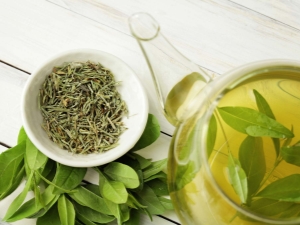
Despite modern medical achievements, the gifts of nature are often used by people as a means of maintaining the stable functioning of the body and alleviating the severity of symptoms in various ailments. It is permissible to include here the oriental emerald drink, whose qualities have not been fully studied to date, and the question of its effect on the functionality of the body remains open.
Be that as it may, one fact remains indisputable, this oriental drink is extremely nutritious and, when consumed correctly, has a beneficial effect on cardiac activity and heart rate.
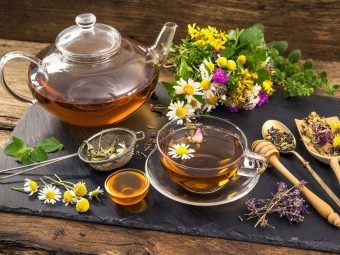

The nuances are the initial state of the system of organs that provide blood circulation in the patient's body, which is important to take into account. Another unique uniqueness of green tea is the very ripening of tea leaves. For example, black tea leaves undergo a fermentation process for as long as 30 days and are oxidized by almost 70% or more.
Green tea leaves are fermented for about 2-3 days, and the oxidation process is no more than 10%, thanks to which it is possible to preserve a great many nutrients.
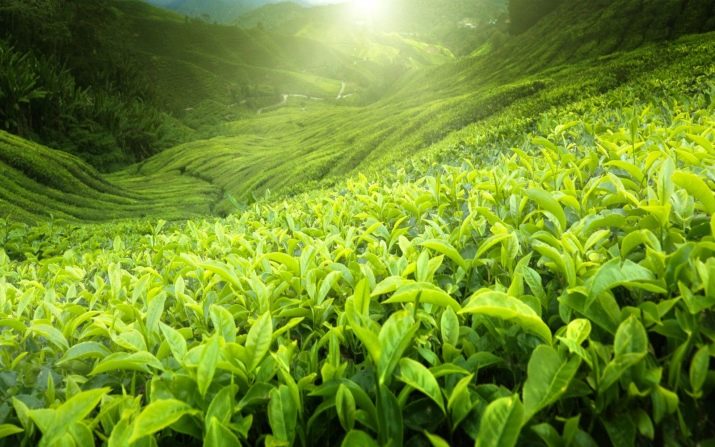
Drink properties
Green tea gradually makes people with low or high blood pressure feel normal, but by no means is it a panacea.Any problems with the circulatory system must be treated in specialized institutions, under the supervision of specialists. In addition, with advanced forms of the disease, before using tea, it is necessary to consult with a specialist about the advisability of using the drink.
The introduction of the drug into the daily diet will help to remove dangerous toxic substances and decay products from the body, normalize the level of sugar and bad cholesterol in the blood, improve the activity of the heart and blood vessels, and normalize metabolic processes in the body.
A chilled drink will perfectly quench your thirst, increase mental and physical activity.
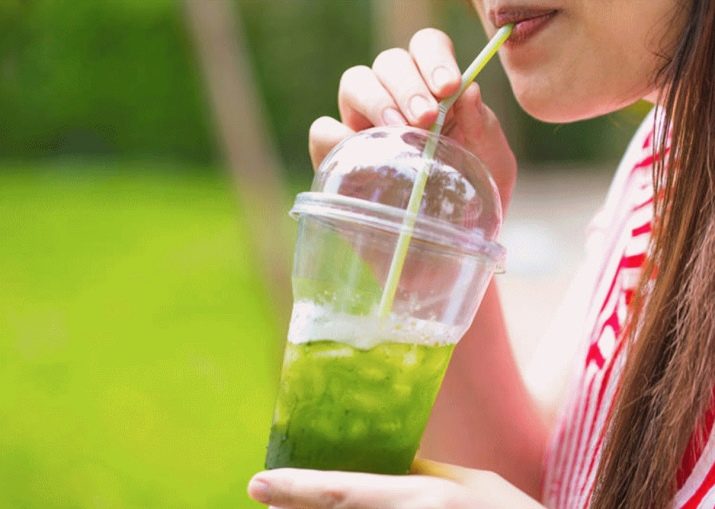
The chemical composition of green tea includes many substances whose properties are somewhat controversial and not fully understood.
- Theine (caffeine), the percentage of which is much higher than in brewed natural coffee. The main property of this element is the excitation and toning of the totality of nervous structures, therefore it is better to refuse any strong tea before going to bed.
- Polyphenols contribute to the improvement of blood viscosity and its fluidity, vasodilation, in a similar way, tea smoothly lowers blood pressure. Polyphenols suppress inflammatory processes, cope well with pathological changes in the arterial walls, especially in the brain.
- Thiamine normalizes blood sugar levels. An active participant in metabolic phenomena, lack of aneurin can lead to severe disorders of the brain and skeletal muscles. Usually this vitamin is prescribed to people with disorders of the cardiovascular system or hypertrophy of muscle tone.
- A nicotinic acid promotes the removal of bad cholesterol from the body, preventing the formation of plaques. An important element of lipid and carbohydrate metabolism, enzyme formation, deficiency is often caused by malnutrition and leads to hypovitaminosis disease - pellagra.
- Tocopherol normalizes myocardial trophism, helps to normalize oxygen consumption during ischemia. It is a natural antioxidant substance, activates the body's defense mechanisms and protects it from the harmful effects of decay products.
- Methionine normalizes the work of the gastrointestinal tract, useful in diseases such as peptic ulcer of the stomach and duodenum, gastritis. This is an essential amino acid that is not produced by humans, but can only come from outside with food. Responsible for growth and nitrogen balance in the body.
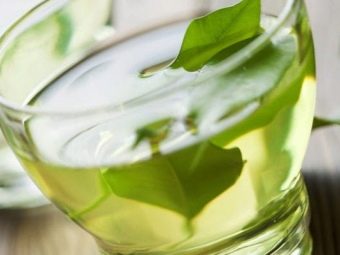
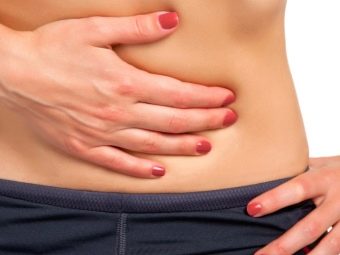
In the composition of young tea leaves, you can find other useful substances.
- Tannins. This includes a large number of organic substances with phenolic hydroxyl radicals. Their combination with theine gives the same stimulating and exciting effect.
- Organic matter containing nitrogen. These substances dilate blood vessels well. The uniqueness of green tea is that caffeine in its structure is presented in connection, and not in a free form. It is this related compound that is called theine. It has a milder effect on the body and is quickly excreted from it without accumulating. Most doctors are inclined to believe that theine affects each person differently and therefore the increase or decrease in pressure depends on individual sensitivity to the substance.
- Enzymes and amino acids. Most of all, these substances are found in varieties of Japanese tea, they are able to accelerate chemical reactions in body systems, improve metabolism and effectively fight extra pounds.
- Groups of vitamins and microelements. It has been proven that there are a lot of different vitamins in green tea, even more than in some vegetables and fruits. Due to them, there is an active stimulation of the immune system and the body's defenses. For example, there is more carotene in tea than in carrots. Of the minerals, Ca, K, P, Fe and F stand out the most. But during the cooking process, some of the minerals are lost.
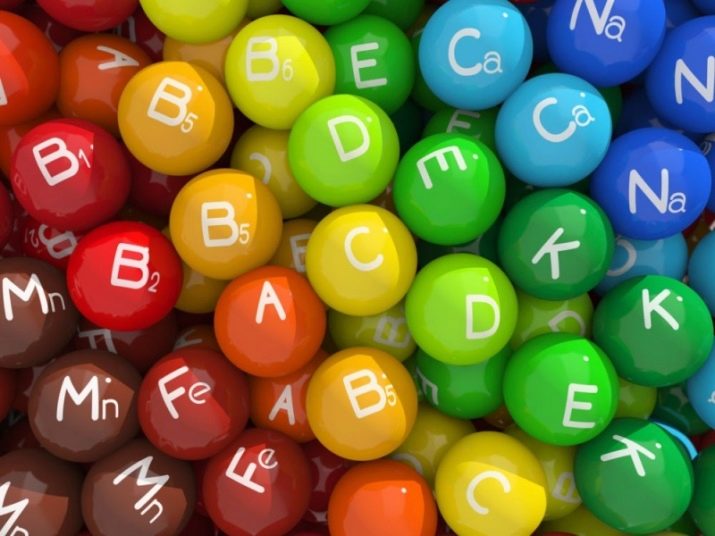
Hypertension is often accompanied by atherosclerosis, harmful cholesterol accumulates in damaged vessels and a plaque forms, which begins to narrow, and then blocks the lumen of the vessel. This is due to the inflammatory process in the endothelial layer of the arteries. Atherosclerosis is a dangerous disease, which at the same time aggravates hypertensive crises. In this case, the catechins contained in the tea highly effectively heal the inner lining of the arteries.
Liquid and solid food, having the temperature of a human body, is processed and absorbed in the small and large intestines more actively than cold foods. Accordingly, the influence of such food is more pronounced, and the effect of various properties is more tangible. From this follows the judgment that a hot emerald drink increases blood pressure more effectively than a cool drink.
However, this statement is partly false, since only theine substance affects the hypertensive property. Its concentration in tea depends on the strength of the drink.
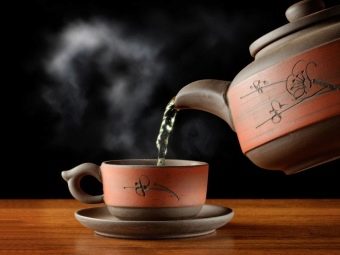
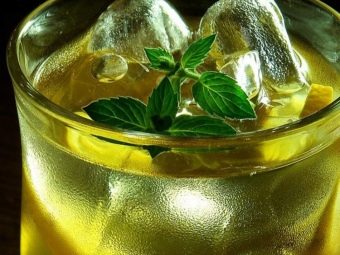
Doctors' opinion
As mentioned earlier, what effect tea will have on blood pressure depends on the person himself, the characteristics and condition of his organs and systems. And also on what diseases accompany the problem of low or high blood pressure. The importance of attention to detail is that a drink can activate processes in the body that are favorable for one group of people, but very harmful for another.
For example, studies conducted by Japanese scientists have shown that the systematic intake of green tea by people suffering from high blood pressure helped to reduce indicators by almost 10%. However, for the purity of the experiment, the subjects had to drink a drink every day for several months, which, moreover, was of high quality. Those who used it once or did not follow the systematics did not achieve any results.
It can be added to the data obtained that drinking tea without any problems with the cardiovascular system serves as a preventive measure for the development of arterial hypertension and can reduce the risk of developing acute myocardial infarction.
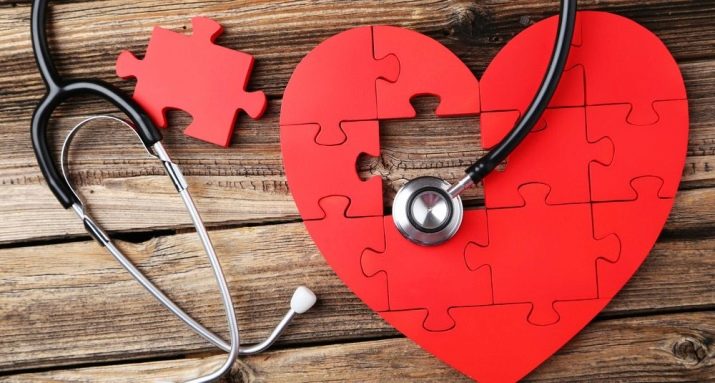
Drinking tea for hypertension
Natural green tea without additives has its own characteristics, which the Russian people often do not like. Therefore, many use it quite rarely, after meals and often diluted with milk. Such a variation of tea will have little effect on blood pressure numbers, but, again, it all depends on the individual characteristics of the body. There may be slight fluctuations in the direction of lowering pressure due to the removal of excess fluid from the body, that is, the drink will play the role of a diuretic.
The pressure from milk tea can also decrease with such syndromes as asthenia, vegetative-vascular dystonia of the hypotonic type and other disorders of the nervous system, which regulates the functioning of organs, internal and external glands, blood and lymphatic vessels.
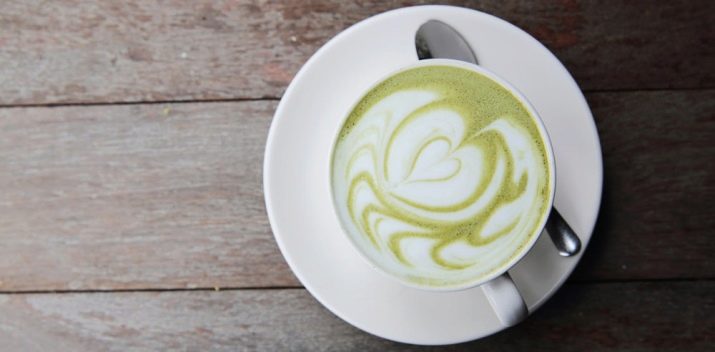
To achieve tangible results and improve well-being, it is important to use tea regularly, for a long time, without diluting with milk. Doctors recommend consuming about 4 servings per day in a cool form.
You can drink tea only after eating, after half an hour, but in no case on an empty stomach.
It is important to take into account the diuretic effect of tea, because potassium is excreted from the body along with the liquid. If there is a lack of this trace element and an excess of theine, then a reaction of weakening the work of the myocardium is possible. As a result, the activity of heart muscle cells - cardiomyocytes - is disrupted, a symptom of this disorder is arrhythmia. It is equally important to purchase high-quality raw materials, with the exception of various harmful impurities and additives. Of course, such tea will not be cheap, but you can’t save on health.
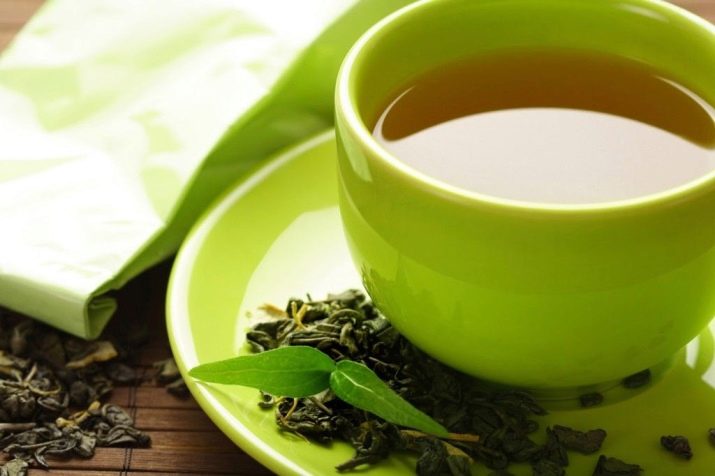
The hallmarks of high quality loose leaf tea are as follows.
- Smell. Smell the dry mixture, it should have a persistent, fragrant aroma, without harsh chemical smells of incense or coffee. Also, when inhaled and exhaled, there should not be a musty smell, which indicates a violation of storage rules.
- Take a pinch of leaves and rub them with your fingertips, they should not crumble and leave small residues on the skin.
- High-quality varieties of tea are sold in small quantities, so you can buy a mixture only in specialized stores.
- When buying, pay attention to what the product is stored in.If it is kept in a transparent glass container in the light, then you should not take it.
- Visually, the tea leaves look neat, without inclusions of twigs or settled dust. The color is green, bright. The leaves, depending on the variety, are almost all the same color, size and shape.
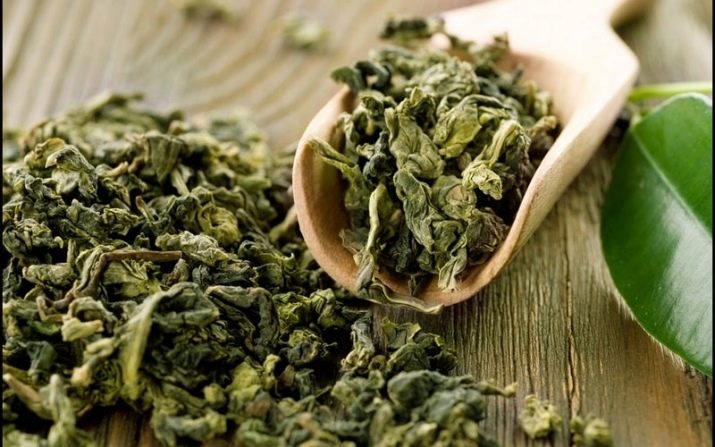
It was noted that teas with additional components, ginger, lemon balm, mint and jasmine enhance the hypotensive property. Therefore, such variations of the drink for people with hypotension should be used with caution.
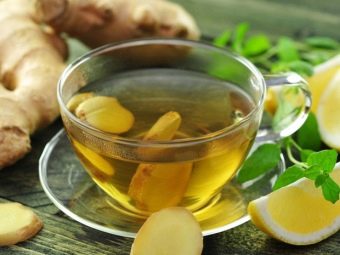
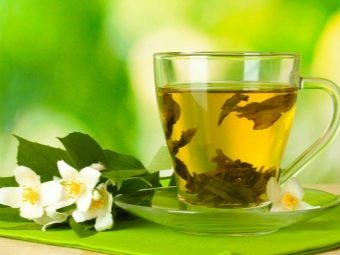
Drinking tea for hypotension
Along with the effect of lowering blood pressure, the opposite effect of increasing blood pressure can be observed. This is due to the content of a significant percentage of caffeine in the chemical composition of tea leaves. It has been proven that green tea contains four times more caffeine than coffee itself.
Caffeine and similar substances are able to stimulate the nervous system, increase heart rate, dilate blood vessels, it is thanks to this that an increase in blood pressure is achieved.
However, this effect cannot boast of longevity, while tonic substances act on the vasomotor center of the brain, thereby dilating blood vessels, the drink raises blood pressure. But they are quickly processed and excreted by the body, so the result is quickly lost.
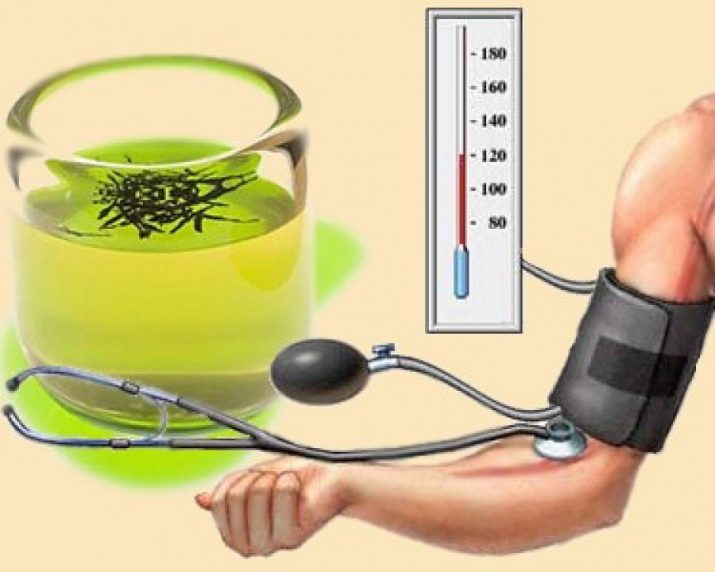
In the presence of disturbances in the functioning of the autonomic nervous system and hypotension, blood pressure can rise significantly, while eliminating the headache that appeared against the background of low pressure. Doctors recommend drinking hot tea for hypotensive patients, but not more than 4 servings per day, since an excess can lead to the opposite effect, and the pressure will drop even lower from the original numbers.
Hypotonic patients need to prepare tea from 1 teaspoon, 200 ml of boiling water and brew for at least 10 minutes. Hypertensive patients, on the contrary, for the same volume of boiling water, no more than half a teaspoon of tea leaves, but it is already necessary to brew for 2 minutes. A small concentration of theine with regular use will have a beneficial effect on the functioning of the cardiovascular system and help stabilize blood pressure to normal numbers.
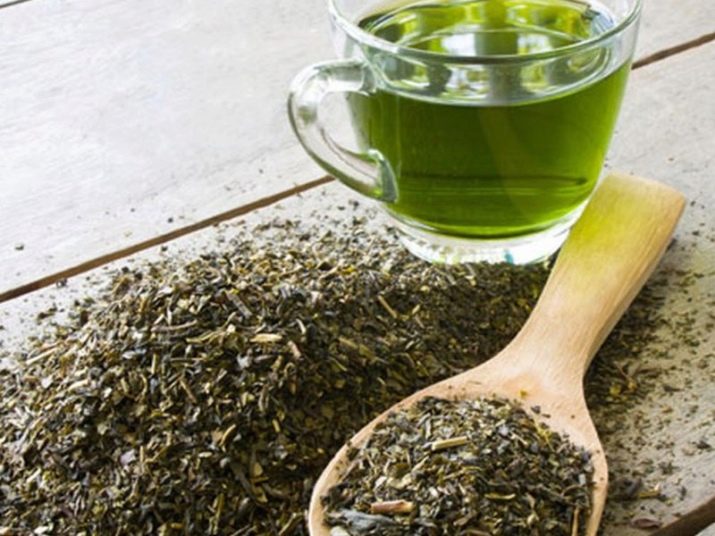
Contraindications
Green tea has a number of healing properties and beneficial qualities.
There are conditions in which it is better to refrain from using it so as not to harm the body:
- frequent fluctuations in blood pressure;
- thyroid dysfunction;
- diabetes mellitus of any type and etiology;
- in the course of medical treatment;
- chronic insomnia;
- Iron-deficiency anemia;
- fever.

With excessive sensitivity of the body to theine, unpleasant symptoms may occur. To eliminate them, the amount of tea you drink must be reduced or abandoned. If the rules for brewing and storing the product are violated, sleep disorders, fatigue, irritability, and even allergy symptoms may appear. The main thing to remember is that green leaf tea can only be drunk freshly prepared.
Standing tea accumulates toxins and other dangerous substances.
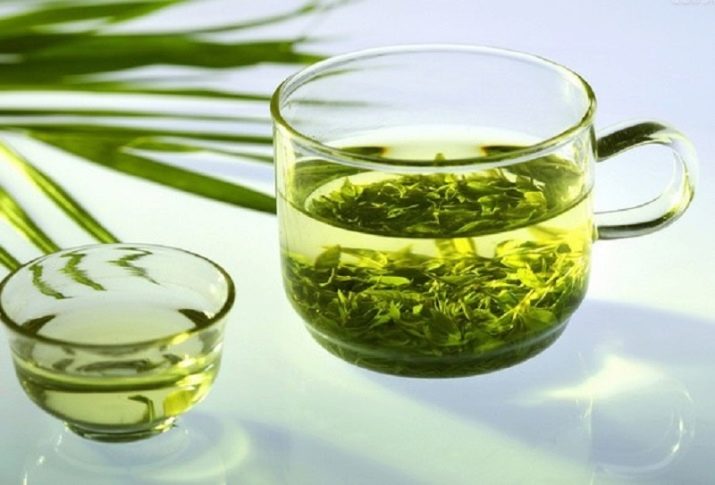
Cooking methods
The ancestor of green tea is the mysterious East, where the tea ceremony is a whole tradition. In our country, the drink is often brewed incorrectly, losing a lot of useful substances in the process. The quality and benefits of the future drink largely depend on what kind of dishes it will be prepared in. Tea can be brewed in special cups with lids or teapots, it must be preheated and then dried.
Tea leaves take one teaspoon per 250 ml of water. It is advisable to choose water for tea with a soft composition, rich in minerals.
We heat the water until bubbles appear, but do not boil.
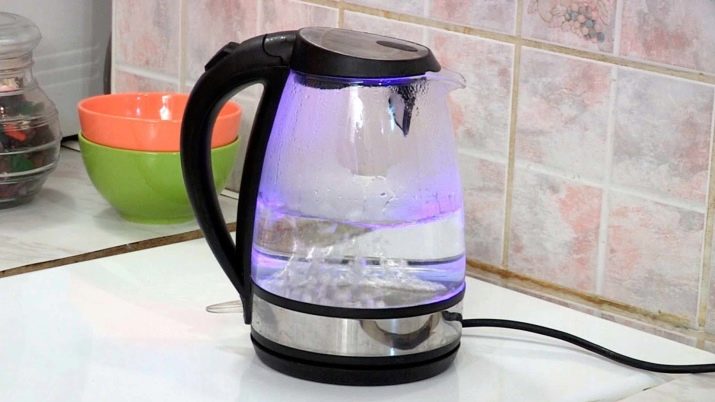
We take two containers with a volume of 1000 ml, one of them should have a spout. Pour tea leaves into one container and immediately pour water. Literally after 10 seconds, pour the drink into the second container. This method of preparation will retain all the aroma, and the tea will visually turn out to be amber.
From numerous reviews, it can be established that the main effect of green tea on the body depends on the method of its preparation. One option for brewing a drink will help reduce high blood pressure, the other, on the contrary, will increase it, and the third will relieve emotional stress and act as a sedative.

To make jasmine tea:
- preheat the teapot;
- pour the dry mixture and pour boiling water in a ratio of 2: 200;
- drain after 2-3 minutes;
- re-pour boiling water (about 80 degrees);
- for people with high blood pressure, insist 2 minutes, with low blood pressure - 10 minutes;
- drink only in freshly brewed form.
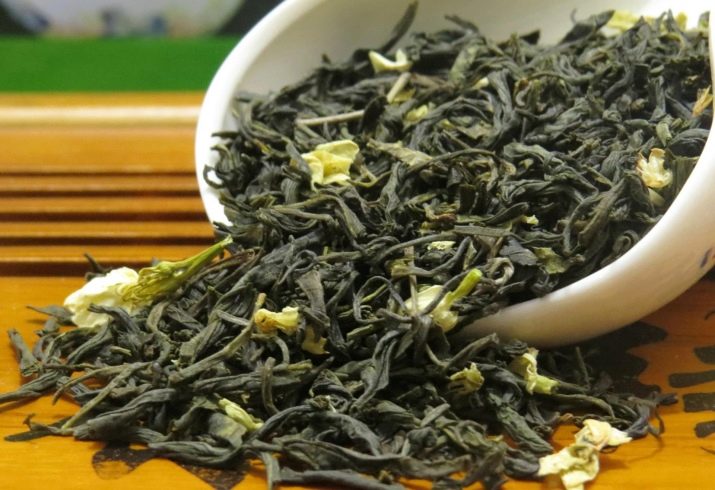
To make ginger tea:
- mix ½ teaspoon of tea leaves with a teaspoon of ginger (you can use a fresh or dried product);
- pour the mixture with 250 ml of boiling water and insist in the same way as jasmine, depending on the disease;
- tea should be consumed during the day, half an hour after a meal.
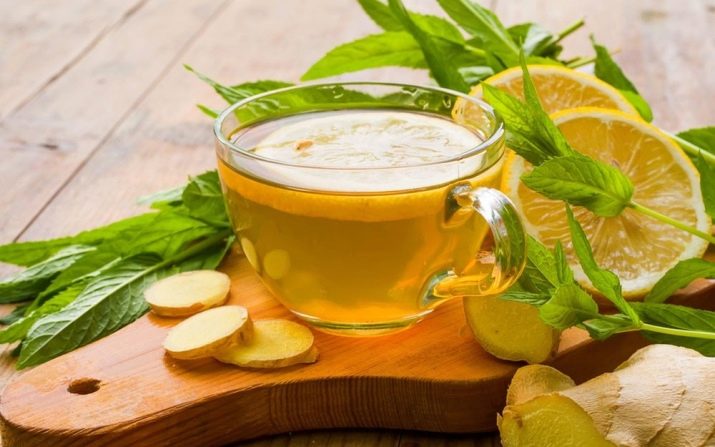
Mint tea with cinnamon is prepared as follows:
- we fall asleep in a teapot for a teaspoon of tea leaves, mint mixture and a little cinnamon;
- pour 250 ml of boiling water (about 80 degrees);
- we insist from 2 to 10 minutes, in accordance with the disease;
- drink before going to bed, the drink improves sleep, helps to fall asleep faster and relieves nervous tension.
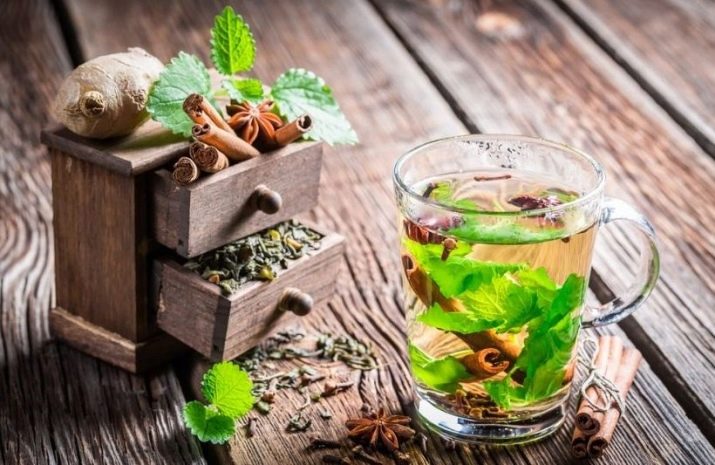
For tea with lemon balm:
- we fall asleep in a teapot for a teaspoon of tea leaves and lemon balm;
- pour boiling water, but drain the first portion of the infusion;
- then again pour 250 ml of boiling water;
- drink during the day, after eating.
The most acceptable temperature for tea is water heated to 80 degrees. This allows additional components (mint, ginger, jasmine, lemon balm) to fully preserve and reveal all the healing properties.
To enhance the effect of the drink, you can add ascorbic acid, rosehip syrup or currant jam to it.
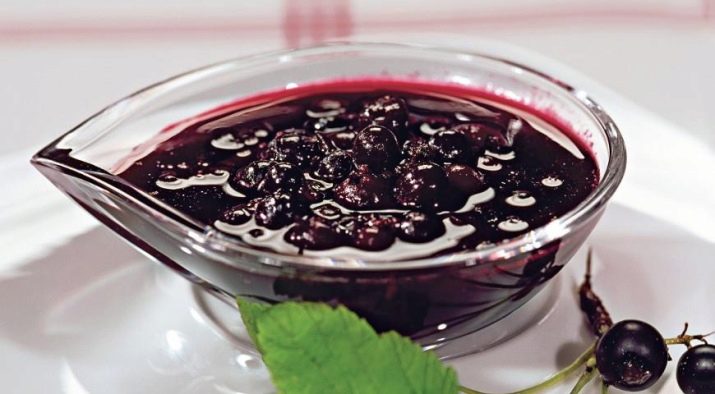
The benefits of mint are as follows:
- it is a natural diuretic that increases the excretion of fluid and salts from the body along with urine, which means it helps to cope with edema, remove excess salt, especially for those people who eat too much salty food, and also reduce blood pressure;
- activates the liver, promotes improved bile secretion;
- eliminates symptoms such as the urge to vomit, dizziness, heartburn, diarrhea and flatulence;
- normalizes the feeling of need for food intake;
- has a sedative effect, helps to cope with stress, normalize sleep, reduce nervous tension and relieve fatigue;
- suppresses inflammatory processes in the body;
- relieves pain, promotes liquefaction and removal of sputum from the bronchi, has a tanning effect;
- dilates blood vessels, improves blood flow through the vessels.
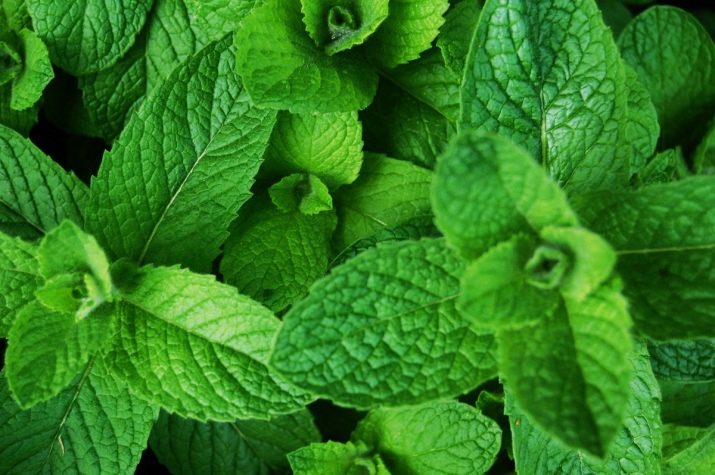
Mint should not be used as an additive if:
- there is an increased sensitivity to the plant and its components;
- there is a tendency to hypotension;
- have vein diseases, such as varicose veins.
The benefits of ginger are:
- helps to eliminate the phenomena of flatulence, stool disorders, relieves pain in diseases of the gastrointestinal tract;
- stimulates the immune system, activates the body's defense mechanisms;
- normalizes the level of harmful cholesterol in the blood, serves as a preventive measure for the formation of atherosclerotic plaques;
- increases sweating, removes toxic substances from the body, normalizes fermentation in the stomach;
- relieves muscle spasms, helps relieve symptoms of intoxication.
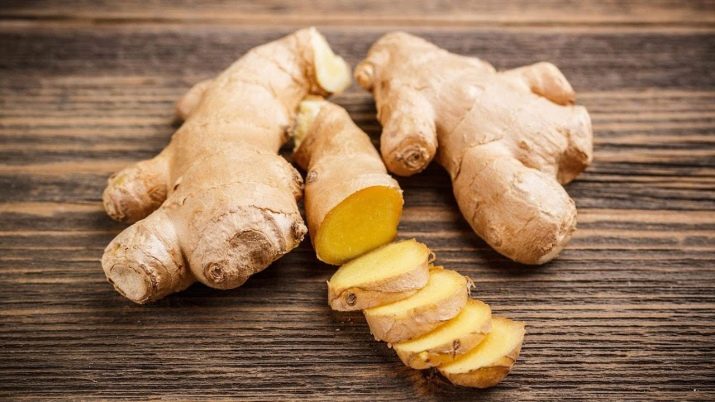
The use of ginger is not recommended when:
- have a fever or heavy bleeding;
- women during periods of bearing and feeding a child;
- with peptic ulcer or gastritis during an exacerbation.
Jasmine Benefits:
- has a calming and relaxing effect, relieves fatigue and nervous tension, improves sleep;
- suppresses inflammatory processes in the body, promotes liquefaction and excretion of sputum;
- copes well with convulsive phenomena, relieves muscle spasms.
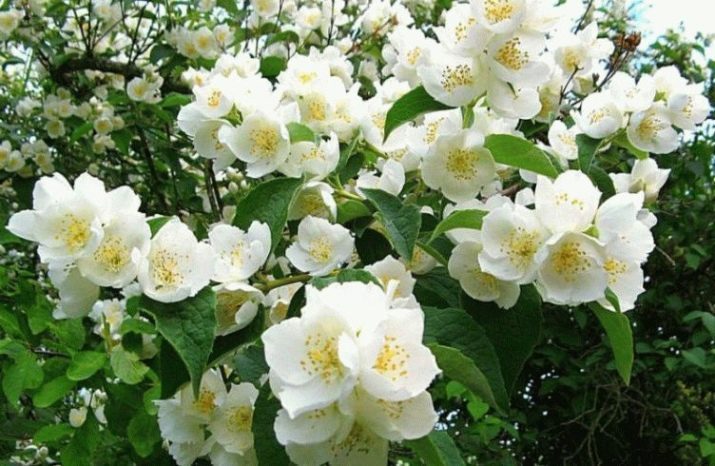
Individual intolerance can serve as a contraindication, which is minimized when using jasmine with tea, but it must be taken carefully.
Benefits of Melissa:
- a strong sedative, helps to recover from neurosis, depression, relieves fatigue and relaxes muscles;
- normalizes the work of the gastrointestinal tract and the immune system;
- eliminates vomiting, improves appetite.
The only contraindication for the use of this herb is hypotension, since lemon balm has the ability to reduce blood pressure.
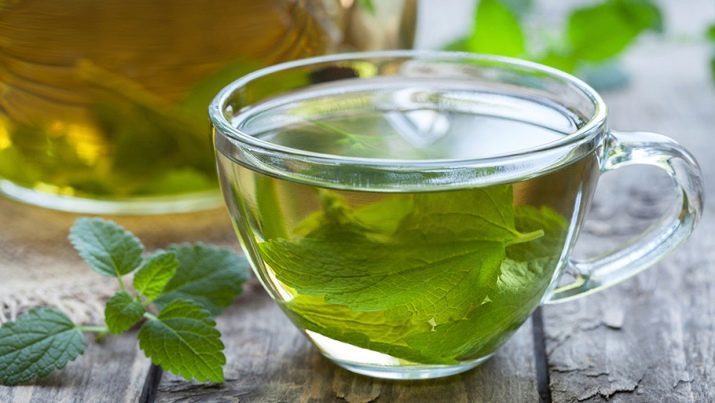
In the heat, instead of water, it is allowed to drink a very weak brew of green tea.
Some useful tips for drinking tea.
- Only freshly prepared tea leaves from high-grade leaf tea bring benefits. Its analogue, packaged in sachets, can be drunk just like a drink, without taking into account any properties.
- Do not also drink tea with pharmacological preparations. The drink is rich in antioxidant substances that can neutralize or reduce the effects of drugs.
- Green tea and alcoholic beverages are an absolutely unacceptable and even dangerous combination. At this point, aldehyde compounds are formed in the body, which adversely affect the liver and kidneys. The exception is a couple of drops of alcohol tincture in accordance with the established disease.
- Before going to bed, you should not drink hot tea with the addition of lemon, as this unnecessarily stimulates the nervous system. It is optimal to drink a cup of mint tea with honey before going to bed. The drink will have a sedative effect, help you relax and provide a deep, healthy sleep.
Thus, green tea supports many functions in the body and helps stabilize blood pressure.
About which tea is more useful - black or green, see the next video.

















